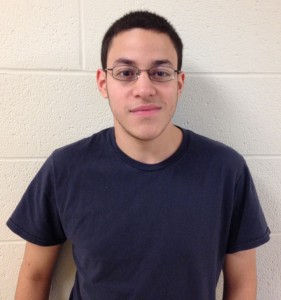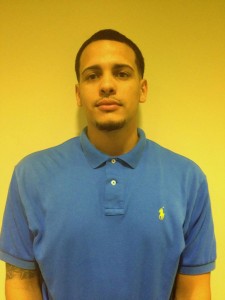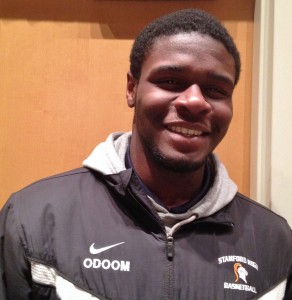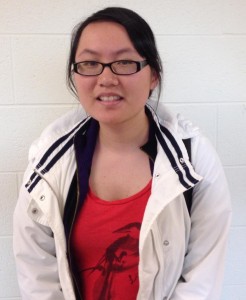Spring 2011: Measuring Viral Titer to Analyze Transduction Efficiency in Induced Pluripotent Stem Cells
By Dr. X. Cindy Tian, Yong Tang, and Michael Tassavor
Stem cells have the ability to dramatically change the medical landscape, allowing regrowth and regeneration of tissues previously irreparable to modern science. Severe burns, spinal breakages, and muscle damage all can benefit, as well as more abstract diseases such as Parkinson’s, Multiple Sclerosis, and cancer. Until quite recently, however, sources for stem cells were limited to embryonic material.
In 2007, researchers managed to convert specialized adult cells to pluripotent stem cells capable of taking any somatic form in mice. This is highly useful in that it negates any need for embryonic stem cells in stem cell therapy, sidestepping legal and moral issues, as well as public outcry. Furthermore, it allows customized cells grown from the patient’s own cells, preventing immune rejection. Non-embryonic stem cells also have the benefit of allowing research to proceed with government grants, which, depending on the state and federal agencies involved, prohibit embryonic stem cell research. Continue reading →







